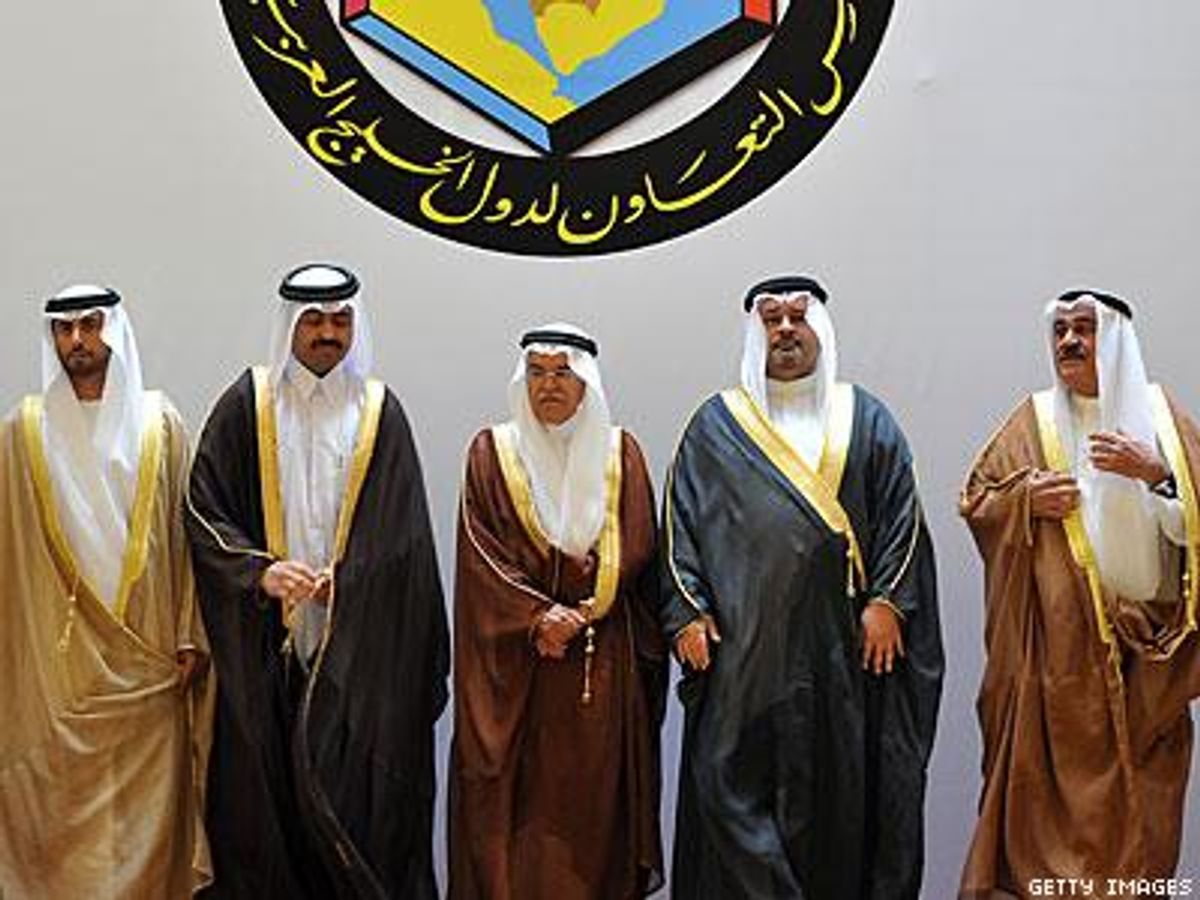A Tuesday report from the International Business Times announced that the Persian Gulf Kingdom of Kuwait was considering implementing a "routine medical check" to keep gays from entering Kuwait or any of the Gulf Cooperation Council nations, which include Qatar, Saudi Arabia, Bahrain, Oman, and the United Arab Emirates.
But it appears some nuance of the proposed law may have been lost in translation, according to Scott Long, a longtime LGBT activist who is currently a visiting fellow at Harvard Law School's Human Rights Program.
On his blog A Paper Bird, Long dissects the actual proposal before the Gulf Cooperation Council, noting that the proposed new regulations might only impact Kuwait, not the entire GCC.
Importantly, Long notes that the proposal is related to immigration and workplace eligibility -- meaning that tourists and visitors to the country would not be subject to the undoubtedly invasive screenings.
"So let's be clear," writes Long. "This is a matter of employment screening -- of people coming into the Gulf to live and work, people who already have to undergo medical testing on arrival. It's not a screening for every arrival at the airport."
Long, who lived, worked, and organized LGBT people in several GCC nations, also points out a possible variation in who the law might impact based on translation from the original Arabic.
"[Human Rights Watch] documented how people arrested under the Kuwaiti law are often subjected to bodily inspection by a forensic doctor, to determine what their 'real' sex is," writes Long, himself a former HRW staffer. "It's likely this is the meaning of the 'medical screening' that Dr. Mindkar proposes: a doctor checks potential entrants to find their biological sex, and if it doesn't correspond to their demeanor or the clothes they're wearing, goodbye."
Long continues to provide context for the law and its terminology in a way that could be understood by Western audiences.
"In Kuwait for seven years now, 'third sex' has mainly been a term of abuse for people whom the US or Europe might call 'transgender.' A major moral panic has been raging (also in other Gulf countries, especially Bahrain). Press, preachers, and politicians rant about the dangers of men who aren't "manly," or women who are too much so. (Sometimes they refer to the latter as al-jins al-rabi, the 'fourth sex' -- or sometimes just 'boyar,' as in boys.) This peaked in 2007, when Kuwait's parliament passed a provision to punish anyone 'imitating the opposite sex in any way' with a year's imprisonment, a hefty (US$3,600) fine, or both."
So while Kuwait's proposed mandatory medical exams are undoubtedly heinous and unconstitutional by American standards, they are unlikely to affect tourists and visitors -- including those attending the 2022 World Cup. Read Long's full and comprehensive analysis here.



















































































